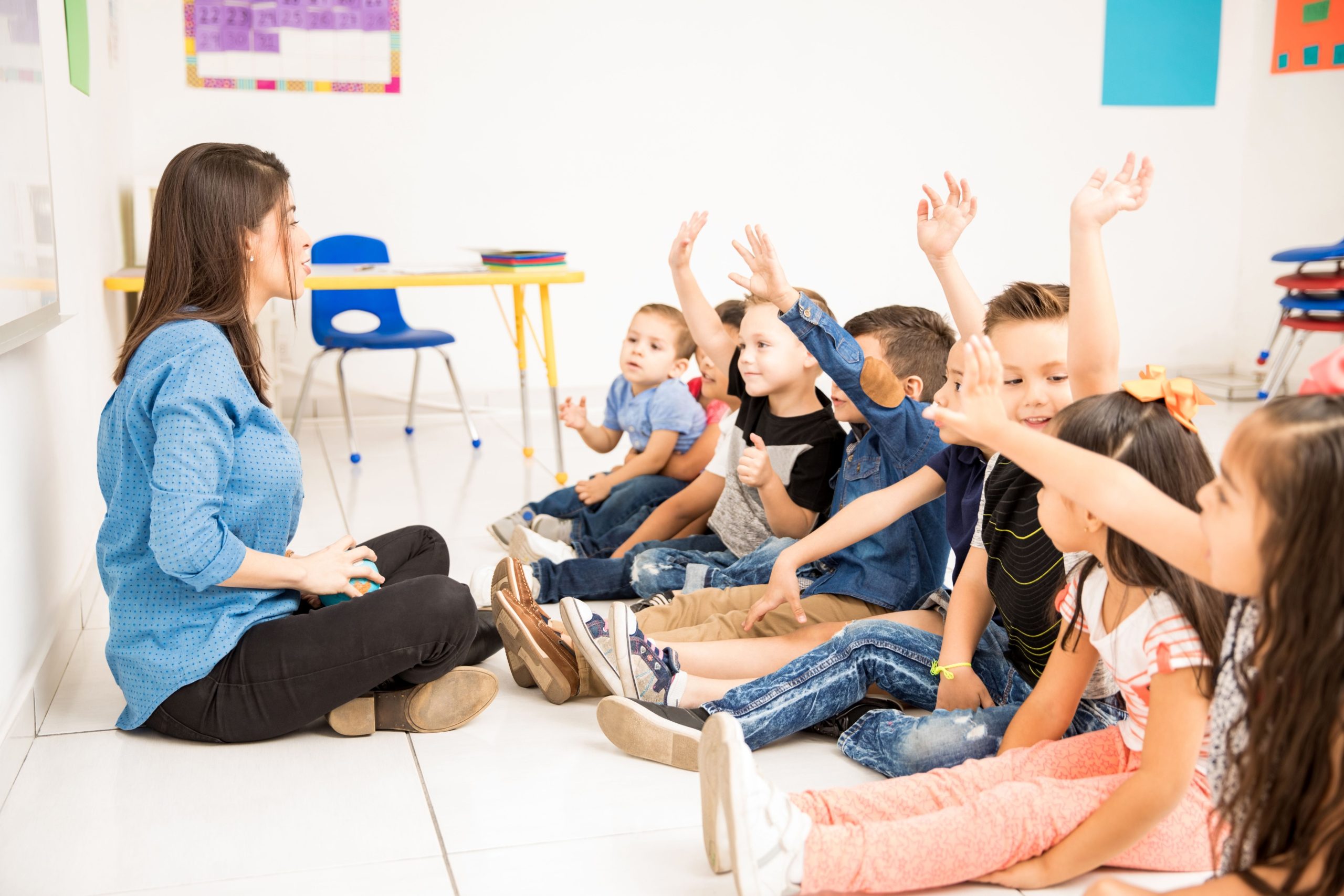
Understanding Pre-K Programs: Crafting the Ideal Curriculum
As parents, ensuring our preschoolers are prepared for future learning challenges is paramount. Choosing the right pre-K program that aligns with your child’s developmental stage is crucial. A comprehensive pre-K curriculum should prioritize social, emotional, cognitive, and physical development to provide a well-rounded educational foundation.
Key Areas of Development in a Pre-K Program
A robust pre-K curriculum should focus on enhancing preschoolers’ social, emotional, cognitive, and physical development. Activities like storytelling, arts and crafts, group play, and physical education play pivotal roles in achieving these developmental milestones.
Different Types of Curriculum Syllabus
There are various curriculum syllabi options for pre-K programs, each offering unique features and benefits:
1. Play-based Curriculum: This approach fosters exploration, creativity, and imagination through hands-on activities, promoting social, emotional, cognitive, and physical development.
2. Montessori Education: Based on freedom in learning, this philosophy emphasizes independence, self-discipline, and experiential learning to develop diverse skills.
3. Reggio Emilia Curriculum: Providing a nurturing environment, this curriculum encourages exploration, creativity, and problem-solving through hands-on learning.
4. High Scope Curriculum: This curriculum focuses on active learning, decision-making, and problem-solving, promoting independence and social interaction.
Essential Components of a Pre-K Program
A successful pre-K program should encompass:
1. Literacy Development: Activities like read-alouds, storytelling, and phonics instruction facilitate language and literacy skills.
2. Math Development: Introduction to basic math concepts through activities like number games and shape recognition enhances mathematical abilities.
3. Science and Discovery: Hands-on experiences like experiments and nature walks promote exploration and understanding of scientific concepts.
4. Creative Arts: Encouraging creativity through arts and crafts, music, and drama nurtures expression and imagination.
5. Physical Education: Engagement in activities like dancing and outdoor play fosters gross motor skills and coordination.
How to Choose the Best Pre-K Program for Your Child
When selecting a pre-K program, consider:
Research: Explore different programs and read reviews for insights into program quality.
Observation: Visit programs to observe teaching methods and activities firsthand.
Questioning: Ask program directors and teachers about curriculum and approach.
Child’s Needs: Consider your child’s personality, learning style, and developmental stage.
Trust: Follow your instincts to ensure the program feels right for your child.
Benefits of a Good Pre-K Program
A quality pre-K program offers numerous benefits:
Improved Social Skills: Enhanced interaction fosters social development.
Increased Cognitive Development: Varied activities stimulate cognitive growth.
Better Emotional Regulation: Learning to manage emotions supports emotional well-being.
Enhanced Creativity: Opportunities for expression cultivate creativity.
Improved Physical Development: Active engagement aids physical growth and coordination.
Common Pre-K Curriculum Syllabi
Pre-K curriculum options include:
Montessori: Focused on independence and practical life skills.
Reggio Emilia: Emphasizing project-based learning and artistic expression.
Waldorf: Holistic education through storytelling and creative activities.
HighScope: Active learning promoting choice and exploration.
Bank Street: Child-centered learning emphasizing play and exploration.
Tips for Supporting Your Preschooler’s Learning at Home
Parents can aid their child’s learning by:
Reading: Engage in reading activities to develop literacy.
Playing: Encourage play for holistic development.
Creative Expression: Provide opportunities for artistic expression.
Physical Activity: Support physical development through exercise.
Positive Role Modeling: Demonstrate desired behaviors and social skills.
The Future of Pre-K Education
Pre-K education is evolving with an emphasis on:
Universal Pre-K: Increasing access to quality early education.
Social-Emotional Learning: Recognizing the importance of emotional development.
Diversity and Inclusion: Promoting cultural competency and equity.
Technology Integration: Incorporating digital tools for enhanced learning.
Professional Development: Supporting educators to deliver high-quality education.
Understanding these trends ensures all children receive the best possible start to their education.


